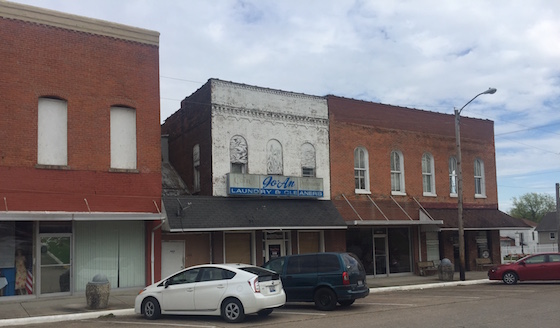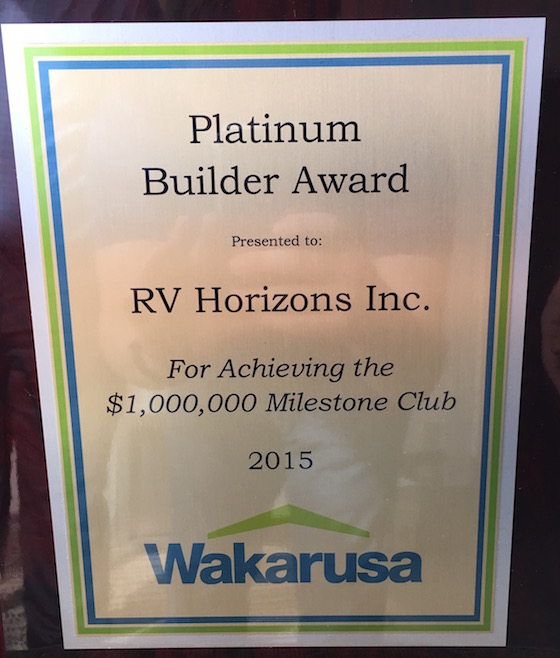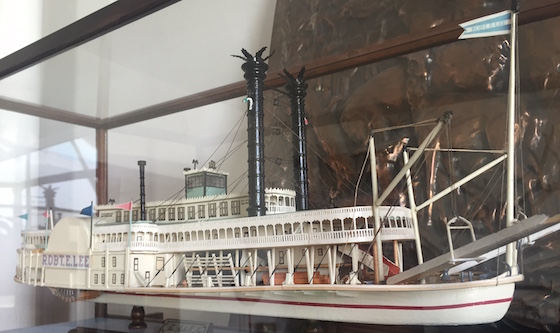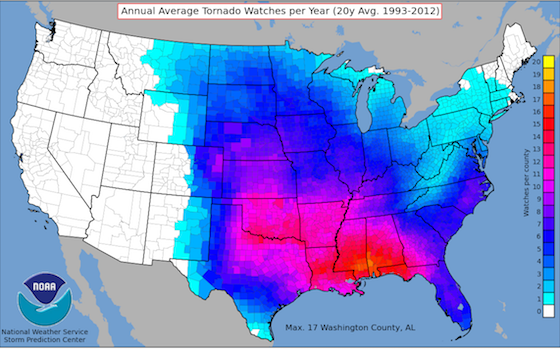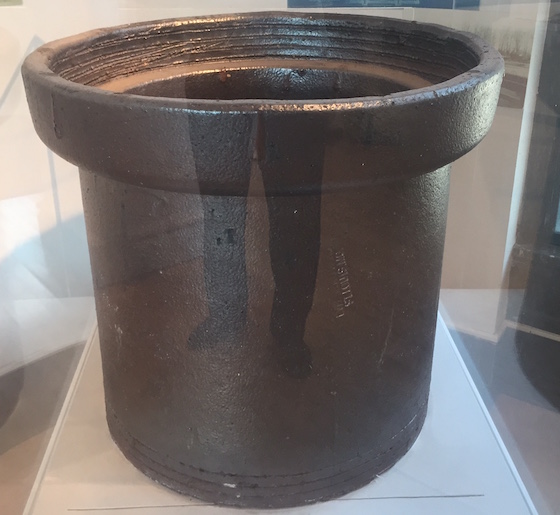When you buy a mobile home park, you are not only buying a piece of real estate, you are also buying into the macro town and market. That’s why it’s essential that you only purchase parks in areas that are strong and relatively immune from recession. So what are the signs of that type of market?
Population
One rule that we’ve found over the past twenty years is that it doesn’t matter what size the town is, but what the metro market is. You can find this statistic on www.Bestplaces.net , and that’s where all lenders and future buyers look, as well. You can’t guess at the metro population – you’re either in it or you’re not, and Bestplaces shows you what the government says about it. As far as metro size, we prefer metro populations around 100,000 and up, but we’ll buy in smaller markets if we understand and believe in them. You can do fantastically in a market as small as 5,000, as long as it’s a great market (Aspen, Colorado only has a population of 6,600, but has one of the most valuable mobile home parks in the U.S.).
Single-Family home prices
We prefer single family median home prices around $100,000 and up, but can still be confident at prices at lower if the apartment rents are strong. Let’s face it, relatively few mobile home park tenants can possibly have the down payment and credit necessary to buy a stick-built home, so that’s not our primary competition. However, low home prices can also be reflective of weak employment and wages, and at some point the mortgage on a home can be less than the rent on a mobile home or lot. That’s why there are few successful parks in the weak coal-mining regions of southern Illinois, where you can buy a decent frame home for $30,000 and the mortgage is only $195 per month.
Apartment rents
While the U.S. median apartment rent is $1,150 per month for just a one-bedroom, that price is highly influenced by markets such as San Francisco, where the average rent is over $4,500 per month. The important point is that the apartment rents are in the range of $600+ for a two-bedroom and $800+ for a three-bedroom. At those prices, you’re park will be a bargain that will never have trouble filling homes.
Housing vacancy
The average amount of vacant housing in a given market is around 12.47% in the U.S. We prefer markets that have single-digit vacancy, and get very concerned when it exceeds this U.S. average. Vacant housing is a hallmark of a market in decline. Detroit vacant housing, even today, stands at 28.69%.
Unemployment rate
The U.S. average is 6.3% right now. Detroit stands at 14.5%. Not to bash Detroit, but this is again a terrible sign of market strength. I’m not aware of any strong market in the U.S. that has a 10% or greater unemployment rate. But we are in a ton of market in Iowa, Kansas and North Dakota where the rates are under 3%.
Top Ten Employers
This is a critical analysis step for the “recession-resistance” test of a market. By “recession-resistant”, we mean that a market is not subject to the whims of private enterprise, but are backstopped by employers that can’t fail or lay off, such as hospitals, schools and government. The best way to analyze this is to make a list of the top ten employers in the market, as well as how many they employ. Avoid markets where the top employers are private or public companies with a huge percentage of the employment market. For example, let’s say that the #1 employer is a private company with 4,000 employees, while #2 and down only employ 500 people each. If that #1 company should stumble and go out of business – or even have a moderate layoff, the market will be destroyed even though the other nine employers are doing fine. We call this a lack of “employment diversity”. The worst markets for this right now, for example, are the “man camp” areas of Texas and North Dakota, where oil and gas employers are 90% of the employment base. With oil and gas in complete collapse, these markets are virtually worthless.
Wal-Mart
Wal-Mart has the best due diligence team in the U.S., and their choice of locations are spectacularly accurate. It is rare to see a Wal-Mart fail. If the park in question is near a Wal-Mart, or even in the same market as a Wal-Mart, then you will typically be in for a positive experience.
Conclusion
It’s important to choose the right market, as that will dictate your park’s success as much as its own personal traits. Even the greatest park operator cannot overcome a weak market. Put at least as much scrutiny on the market as you do on the park.

